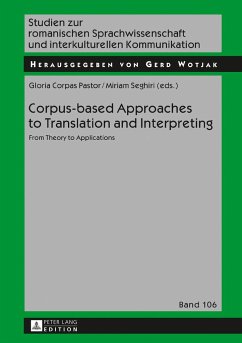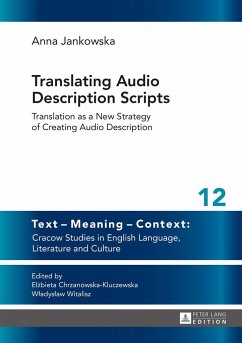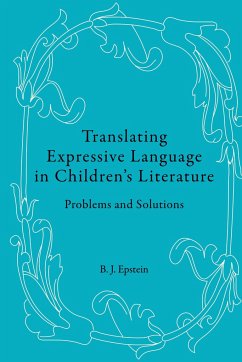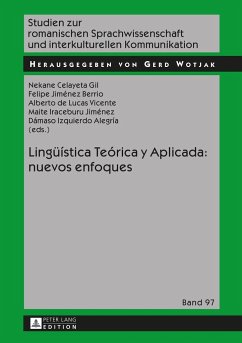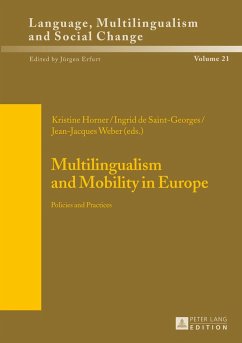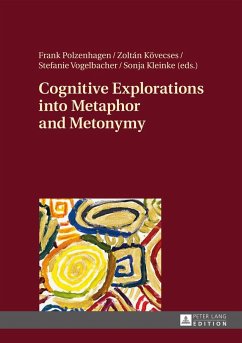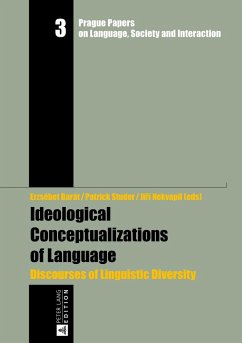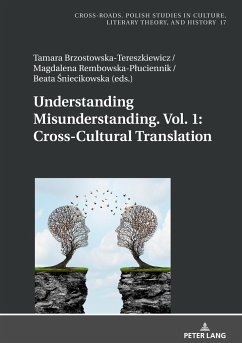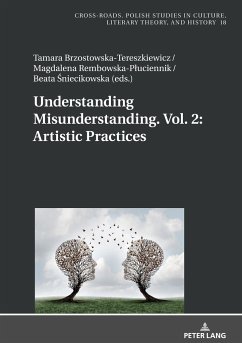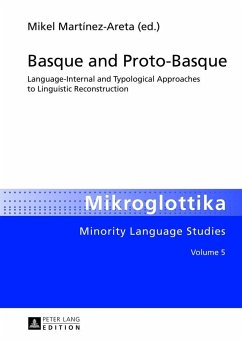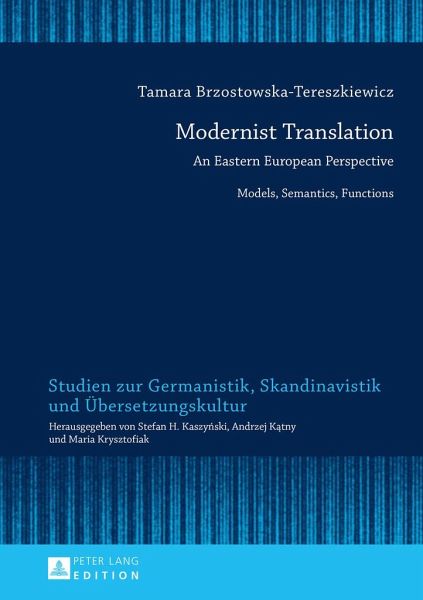
Modernist Translation
An Eastern European Perspective: Models, Semantics, Functions
Herausgegeben: Krysztofiak, Maria
Versandkostenfrei!
Versandfertig in 6-10 Tagen
67,75 €
inkl. MwSt.

PAYBACK Punkte
0 °P sammeln!
The last two decades witnessed an upsurge in Anglo-American studies of Modernism and its translation practices. The book revisits the notion of Modernist translation in the context of Eastern European (Polish and Russian) literatures. The framework of this study is informed by the cultural turn in Translation Studies and the dynamic concept of Modernism as a configuration of mutually antagonistic and dialogic tendencies, currents, programs, attitudes, and artistic realizations. Along with the analysis of illusionist and anti-illusionist models of Modernist translation, the book readdresses the...
The last two decades witnessed an upsurge in Anglo-American studies of Modernism and its translation practices. The book revisits the notion of Modernist translation in the context of Eastern European (Polish and Russian) literatures. The framework of this study is informed by the cultural turn in Translation Studies and the dynamic concept of Modernism as a configuration of mutually antagonistic and dialogic tendencies, currents, programs, attitudes, and artistic realizations. Along with the analysis of illusionist and anti-illusionist models of Modernist translation, the book readdresses the problems of carnivalization, parodicity, estrangement, conceptualism and topics of translation discourse.





